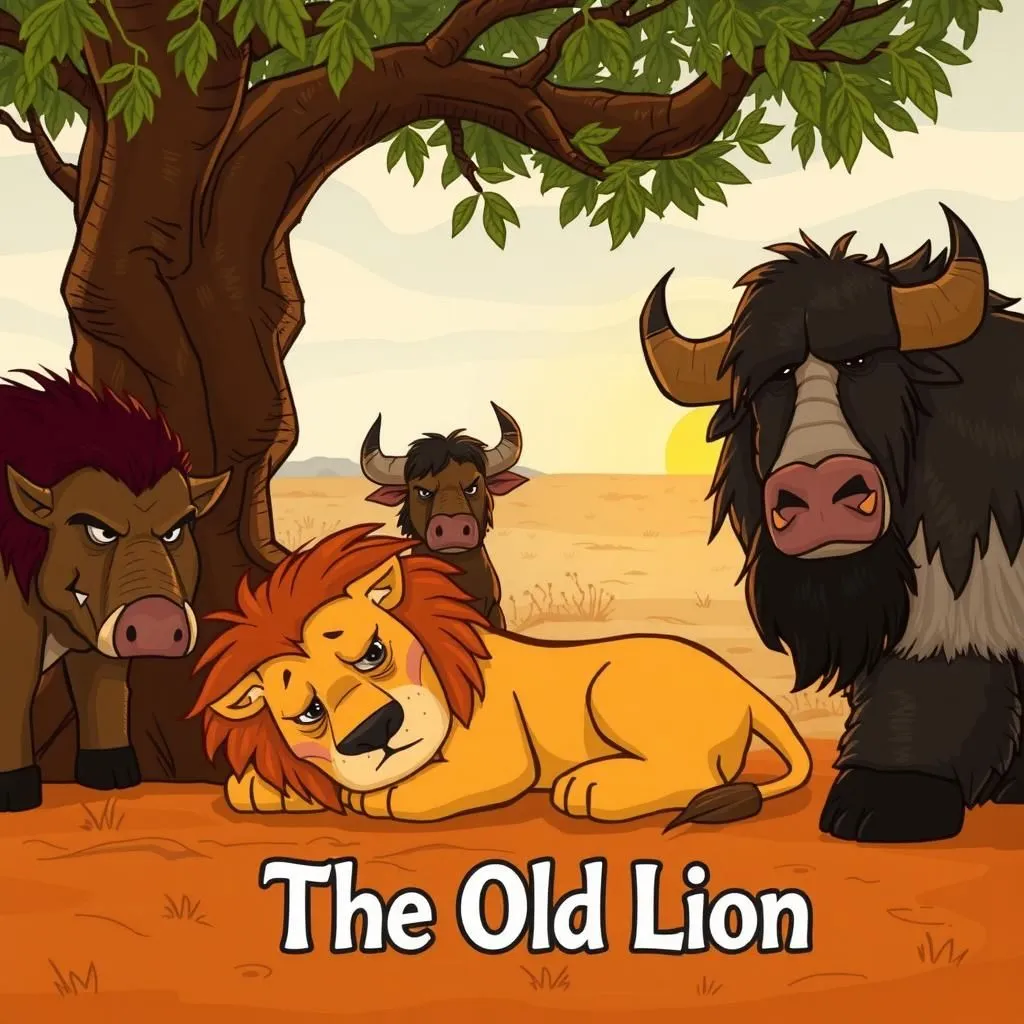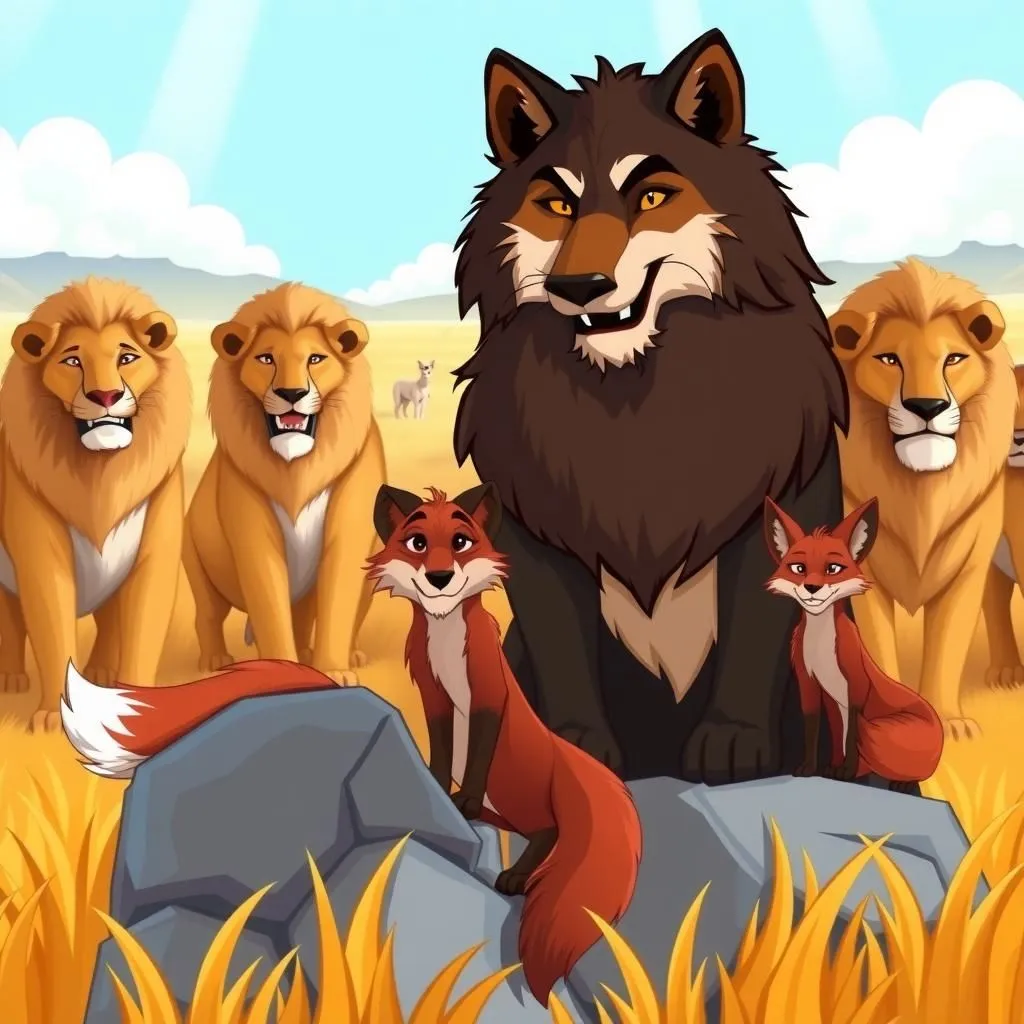
The Old Lion
In the short story "The Old Lion," a once-mighty lion, now frail and ill, faces attacks from various animals seeking revenge or asserting dominance, culminating in humiliation from an ass. His lamentation that enduring insults from such a lowly creature feels like a second death underscores the poignant moral of the tale: true dignity is often tested in moments of vulnerability. This concise moral story is a powerful addition to short story collections with moral teachings, reminding readers of the challenges faced in the twilight of power.


